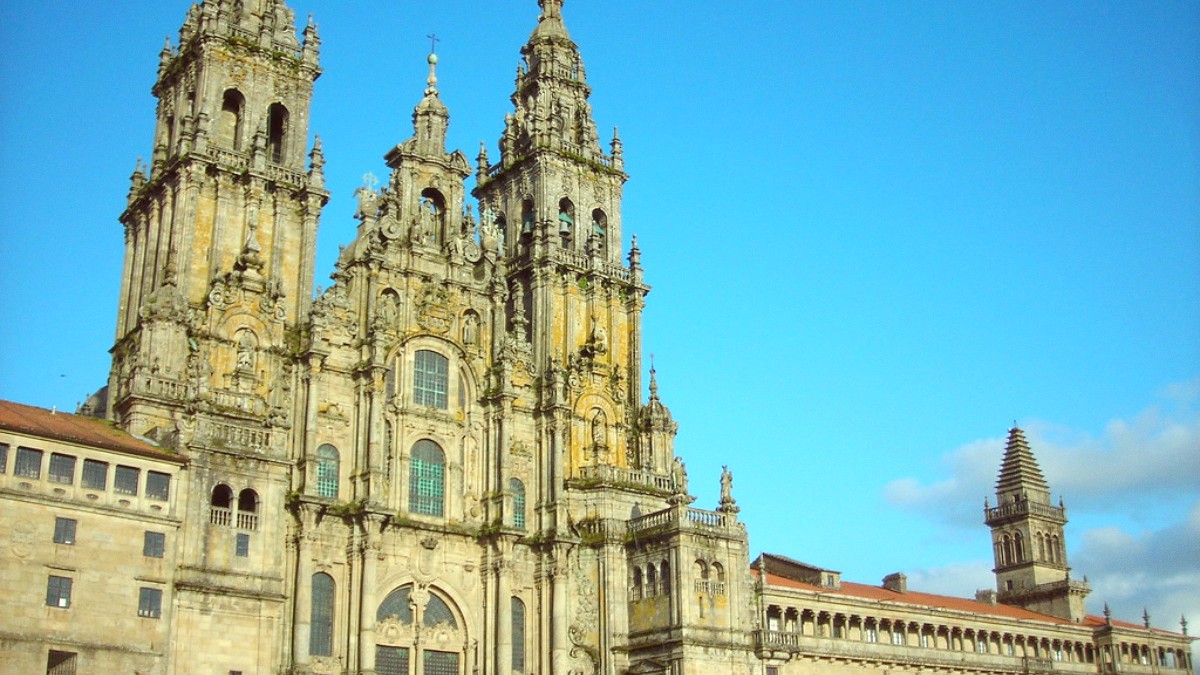
Santiago De Compostela Cantabria Asturias And Galicia, Spain Travel Guide
Movistar, Orange, Vodafone, and Yoigo are major mobile network operators (MNOs) in Spain. Many virtual mobile operators (MVNOs) are also available.
ESIMs are increasingly popular for activation without a physical SIM card.
Correos is Spain's national postal service.
Spanish (Castellano) and Galician (Galego) are the two official languages in Santiago.
Learning a few basic phrases significantly aids your interactions.
Navigate daily timings in Santiago.
Generally open from 10:00 to 14:00 and from 17:00 to 20:00 or 21:00. Mid-afternoon siesta closure is common for smaller shops.
Lunch service typically runs from 13:00 or 14:00 to 16:00. Dinner service starts later, usually from 20:00 or 21:00 until 23:00 or 00:00.
These establishments open earlier, often around 08:00 or 09:00, and stay open until late evening, usually 00:00 to 02:00, especially on weekends.
Check specific hours for attractions you plan to visit.
Banking hours and ATM locations.
Always confirm opening hours if traveling during low season (winter) due to reduced visitor numbers. This avoids unexpected closures.
Engage respectfully with local customs.
A handshake is common for formal introductions.
Dress respectfully at religious sites.
Tipping is appreciated but not mandatory or expected at high percentages.
Approach conversations with care and awareness.
Your respectful actions elevate your visit and show consideration for the local community.
Planning a comfortable visit for all travelers.
Santiago presents mixed accessibility depending on the area.
Explore sights designed with accessibility in mind.
Dedicated services are becoming more available.
The Cathedral has limitations for full accessibility.
Keep these numbers handy for immediate assistance.
Dial 112 for all emergencies (Police, Fire, Ambulance).
091 (National Police) or 092 (Local Police).
112 for emergencies, or locate the nearest Urgencias (Emergency Room).